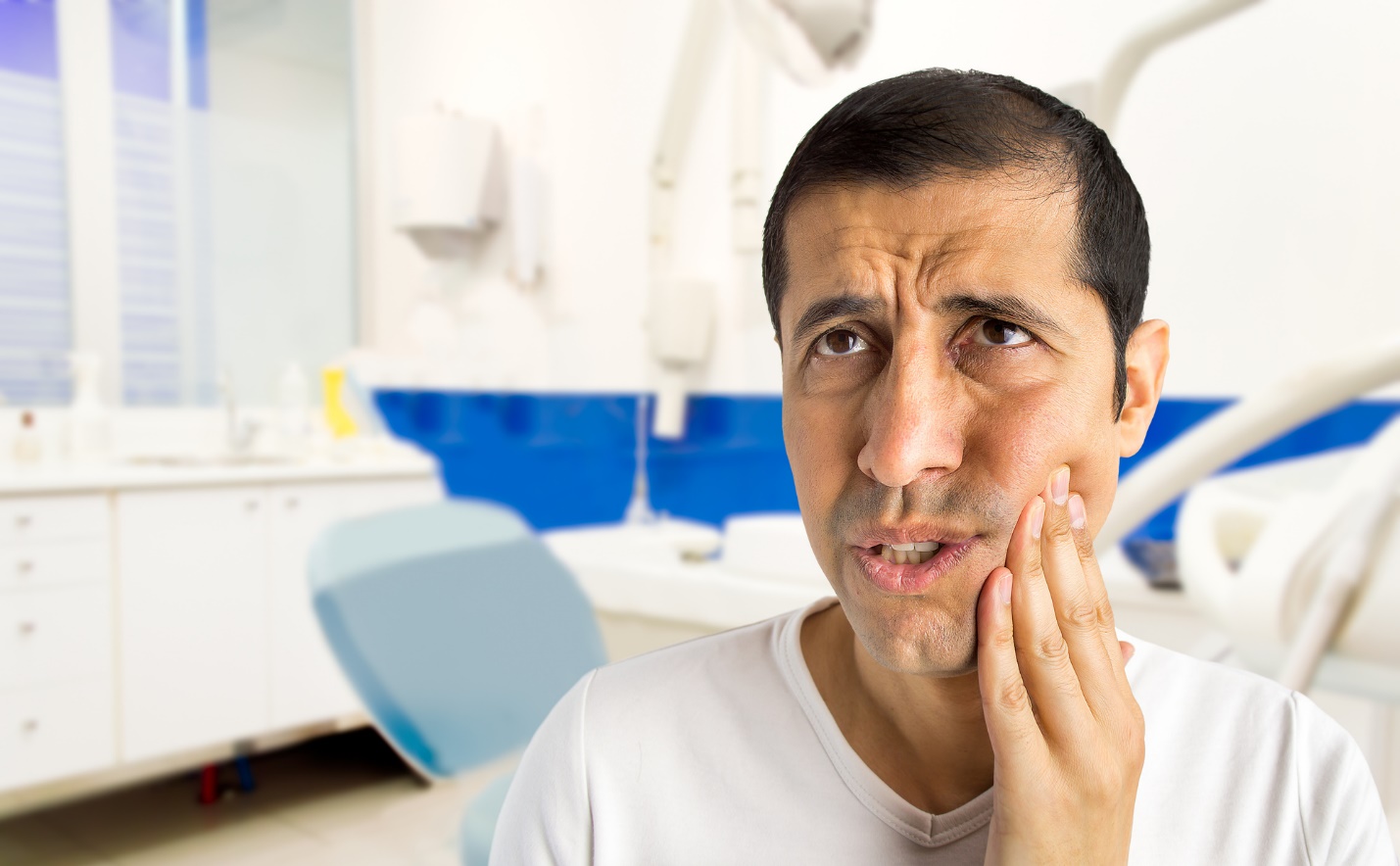Unfortunately, it’s happened to most of us at some point: One morning, we’re brushing our pearly whites, ready to conquer the day, when we notice something weird: There’s a reddish lump on one of our teeth. We wince and take a closer look.
Much to our horror, it starts to hurt. And not just a regular, dull ache. It’s a deep, throbbing sensation that has us holding the tooth in our mouth and uttering little cries of pain. We have a dead tooth on our hands, and we must address the problem immediately.
But what causes this prematurely rotting tooth problem? What needs to happen to address it? Below, we’re detailing one of the top dead tooth causes and how to treat this painful condition. Keep reading to learn more!
Contents
1. Dental Trauma
When a tooth experiences a significant blow or impact, it can result in dental trauma. This can happen due to accidents, sports injuries, falls, or other forceful events.
The trauma can cause fractures or cracks in the tooth, affecting its structure and compromising its blood vessels and nerves. The severity of the trauma can vary, and in some cases, the damage may be immediate and noticeable.
2. Untreated Tooth Decay
Tooth decay, caused by bacteria in the mouth, gradually erodes the tooth’s protective layers. As the decay progresses, it can penetrate the pulp chamber, which houses the tooth’s nerves and blood vessels. The bacteria can infect the pulp, leading to inflammation and the death of the pulp tissue.
Initially, the decay may cause tooth sensitivity and mild discomfort. However, as the decay reaches an advanced stage, the pain may subside, which could mistakenly lead to the assumption that the problem has been resolved. In such cases, it is crucial to consult a Dentist promptly to address the decay and prevent the progression of the infection.
3. Dental Infection
When a tooth has a crack, fracture, or deep cavity, it provides a pathway for bacteria to enter the pulp chamber. Once inside, the bacteria can cause an infection in the pulp tissue.
The infection can cause inflammation, swelling, and an accumulation of pus, putting pressure on the nerves and blood vessels. If the infection is not promptly treated, the tooth may lose vitality and become dead.
4. Dental Procedures
Although dental procedures are generally performed to save teeth, complications can occasionally arise. For example, during root canal therapy, which aims to remove infected or damaged pulp tissue, if the procedure is not successful or there are challenges in fully cleaning and sealing the root canal system, it can lead to persistent infection and subsequent tooth death.
5. Poor Blood Supply
A tooth requires an adequate blood supply to maintain its vitality. However, certain systemic conditions or factors can compromise blood flow to the tooth.
Autoimmune diseases and certain medications can also affect the blood supply. When a tooth experiences a diminished blood supply, it may gradually lose vitality and become a dead tooth.
Dead Tooth and Ways to Prevent It
A dead tooth can lead to painful and expensive consequences if not addressed. To avoid the possibility of this happening, it is essential to maintain good oral hygiene, regular dentist appointments, and follow a healthy diet and behaviors.
If at any point you’re experiencing unusual pain or discomfort, contact your dentist right away. Don’t let a small issue become a big problem – talk to your dentist today!
Did you learn something new from this article? If so, be sure to check out our blog for more educational content.

